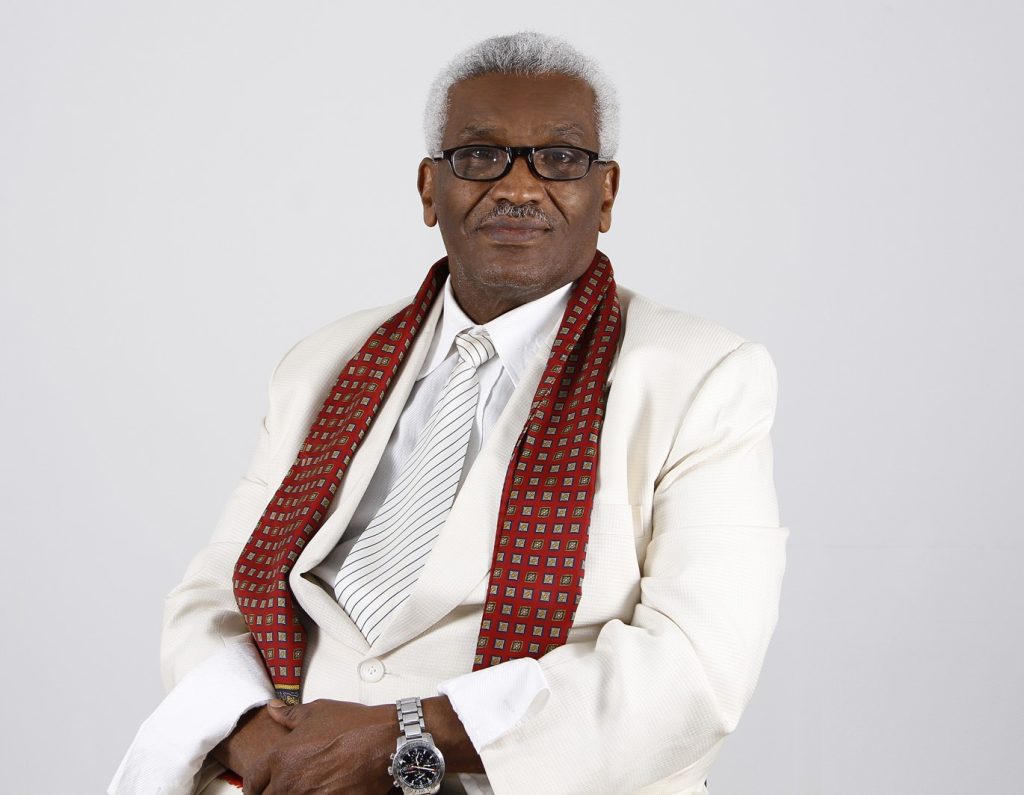
At the end of the year, companies call their shareholders for the Annual General Assembly. One of the main duties of the Assembly of a joint–stock company is to issue a very important “Resolution” absolving all Directors from any responsibility in relation to what they have done during the year. This “Resolution” is normally issued, as part and parcel of other Resolutions to be issued during the Annual Meeting of the company. This “Resolution”, we say, is an important Resolution because it absolves members of The Board from all legal liabilities. In fact this Resolution works as a certificate of good conduct and excellent behavior issued by the shareholders to the Board. However such a “Resolution” shall not give Members of the Board full freedom and complete immunity in cases of gross negligence or criminal offences. In relation to this “Resolution” we have to distinguish at this juncture, between the civil liability of Members of the Board and their criminal responsibility. In relation to civil liability, the Resolution absolves them from the responsibility in relation to all acts exercised during their work, except acts of gross negligence. This, legally speaking, means that the “Resolution” gives partial release and not full complete release. Tort-feasors shall not rejoice and assume that they are not questionable for their tortuous wrongdoing and malpractice. I think this is very fair for the company as well as the Board.
In connection to what we say regarding the responsibility of the Board, an interesting question arises, that is to say for how long this responsibility follows and chases (the wrongdoing ) Members of the Board? In other words can a shareholder or a third party lodge a claim of negligence against a Member after, say, five or six years.. Legally speaking, the civil right to sue in cases of gross negligence is time- barred after one year from the date of the “Resolution” absolving Members from liability. This prevents \ protects Members of the Board from being constantly under the dreadful impression that they can be sued at any time during their life. Nobody would like to be under such an impression, and this is why the Legislature closes the civil right after one year from the date of that Resolution. But, this is not the end of the matter. The one year limitation principle applies only if the shareholders issue the “Resolution” absolving Members. In case there is no such Resolution, for any reason whatsoever, the limitation period shall be extended for five years. As we can see, this indeed constitutes a big difference.
Basically the Resolution cannot and shall not be taken as absolving Members of the Board from criminal responsibility, if any. Having stated this basic rule, now, this question arises. Are the criminal responsibilities time-barred also like the civil rights? In brief, the answer is, No. This is because the criminal responsibility is a matter of public interest, whereas the civil right
is a matter of personal interest. I have to stress here that, this is not the only reason or difference between the criminal responsibility and the civil right; however, discussing this issue in details will be out of the issue under discussion. Due to the public interest and other reasons, the concept of time–limitation is not applicable in criminal cases. Members of the Board could be prosecuted by aggrieved persons, at any time, for any offence committed. Offences to be committed are unlimited and uncountable. However, the most common offences could be criminal breach of trust, counterfeit, fraud, forgery …. etc. According to the Law, criminal offences are not barred unless the “Public Proceedings” lapse or fall or becomes of no existence. This means, as long as, the public proceedings are maintained, the criminal responsibility continues endlessly. It would be interesting to mention that one of the ways and means of waving the criminal responsibility could be through the process of what is called (The Nolle Prosequi) principle. Legally speaking and according to this rule, The Prosecutor General or The Attorney General, could ask the concerned court to stop any or all criminal proceedings against any person on the basis of public interest. The law gives this unquestionable authority to The Prosecutor General or the Attorney General who should exercise such authority only when public interest demands. Therefore, it would be appropriate to be careful during membership of such Boards.
Source: Africanewsanalysis / Dr. AbdelGadir Warsama – Legal Counsel
